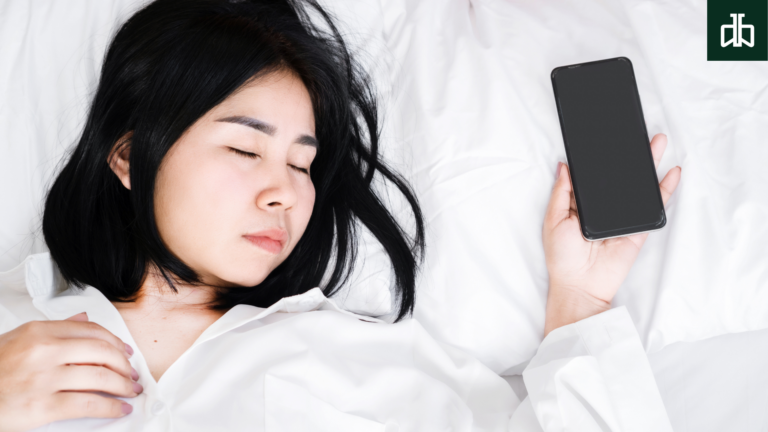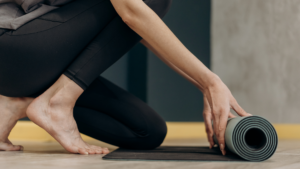Anxiety is a prevalent mental health issue that can significantly impact daily life if left unchecked. While some level of anxiety is normal, certain habits and behaviors can exacerbate anxiety symptoms and make them more challenging to manage. In this article, we’ll explore 11 common habits that can worsen anxiety and provide practical strategies for changing them to promote better mental health.
Excessive Caffeine Consumption
Caffeine is a stimulant that can increase heart rate and exacerbate feelings of nervousness and agitation. Limiting caffeine intake, especially in the form of coffee, tea, and energy drinks, can help reduce anxiety symptoms.
Poor Sleep Habits
Inadequate sleep can contribute to heightened stress levels and worsen anxiety symptoms. Establishing a consistent sleep schedule, practicing relaxation techniques before bedtime, and creating a comfortable sleep environment can promote better sleep quality and reduce anxiety.
Avoidance of Anxiety-Provoking Situations
Avoiding situations or activities that trigger anxiety may provide temporary relief, but it ultimately reinforces avoidance behaviors and perpetuates anxiety over time. Gradually facing feared situations through exposure therapy can help desensitize anxiety and build confidence in managing stressors.
Excessive Alcohol or Substance Use
Using alcohol or drugs as a means of coping with anxiety can lead to dependency and worsen anxiety symptoms in the long term. Seeking healthier coping mechanisms, such as exercise, mindfulness, or therapy, can provide more sustainable relief from anxiety.
Negative Self-Talk
Negative self-talk, such as self-criticism and rumination on past mistakes, can fuel anxiety and undermine self-esteem. Practicing self-compassion and challenging negative thoughts with positive affirmations can help cultivate a more balanced and supportive inner dialogue.
Poor Diet Choices
Consuming a diet high in processed foods, sugar, and unhealthy fats can negatively impact mood and exacerbate anxiety symptoms. Opting for a balanced diet rich in fruits, vegetables, whole grains, and lean proteins can support overall well-being and reduce anxiety.
Overcommitting and Overworking
Overcommitting to responsibilities and overworking can lead to chronic stress and burnout, exacerbating anxiety symptoms. Setting realistic expectations, prioritizing self-care, and learning to delegate tasks can help manage workload and reduce stress levels.
Lack of Physical Activity
Sedentary behavior can contribute to feelings of restlessness and tension, worsening anxiety symptoms. Engaging in regular physical activity, such as walking, jogging, or yoga, can promote relaxation, improve mood, and reduce anxiety.
Social Isolation
Isolating oneself from social interactions can exacerbate feelings of loneliness and increase anxiety levels. Making an effort to maintain social connections, whether through in-person interactions, phone calls, or virtual meetings, can provide emotional support and reduce feelings of isolation.
Excessive Screen Time
Spending excessive time on screens, such as smartphones, computers, and televisions, can contribute to heightened anxiety and disrupt sleep patterns. Setting boundaries around screen use, practicing digital detoxes, and engaging in offline activities can promote better mental health and reduce anxiety.
Avoiding Professional Help
Avoiding seeking professional help for anxiety symptoms can prolong suffering and hinder recovery. Consulting with a mental health professional, such as a therapist or counselor, can provide valuable support, guidance, and treatment options for managing anxiety effectively.
While anxiety is a common experience, certain habits and behaviors can exacerbate symptoms and make them more challenging to manage. By identifying and changing these habits, individuals can take proactive steps to promote better mental health and well-being. Whether through lifestyle modifications, self-care practices, or seeking professional help, there are many effective strategies for managing anxiety and reclaiming a sense of control over one’s life. Remember that change takes time and patience, but every step towards healthier habits is a step towards a happier, more fulfilling life.
Source Credits: therapy.with.shelly
Also Read: 11 Mindset Shifts That Will Help You Live Your Dream Life






